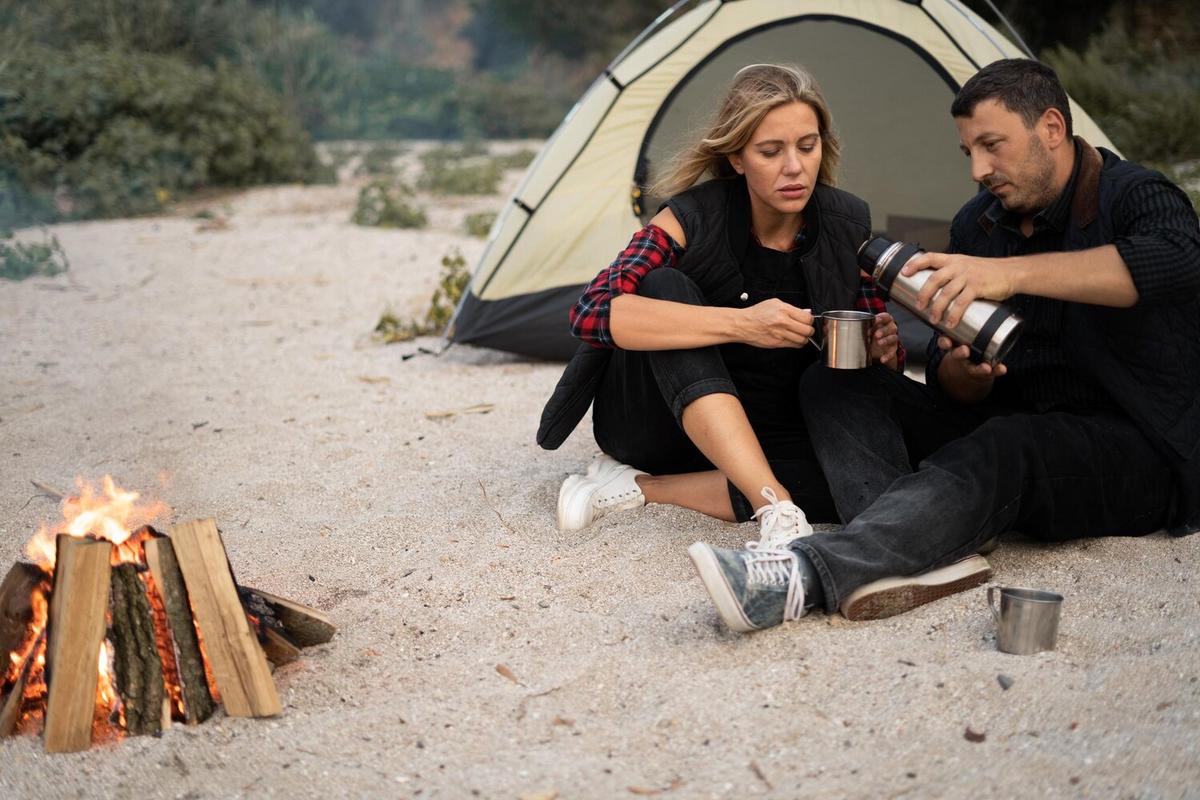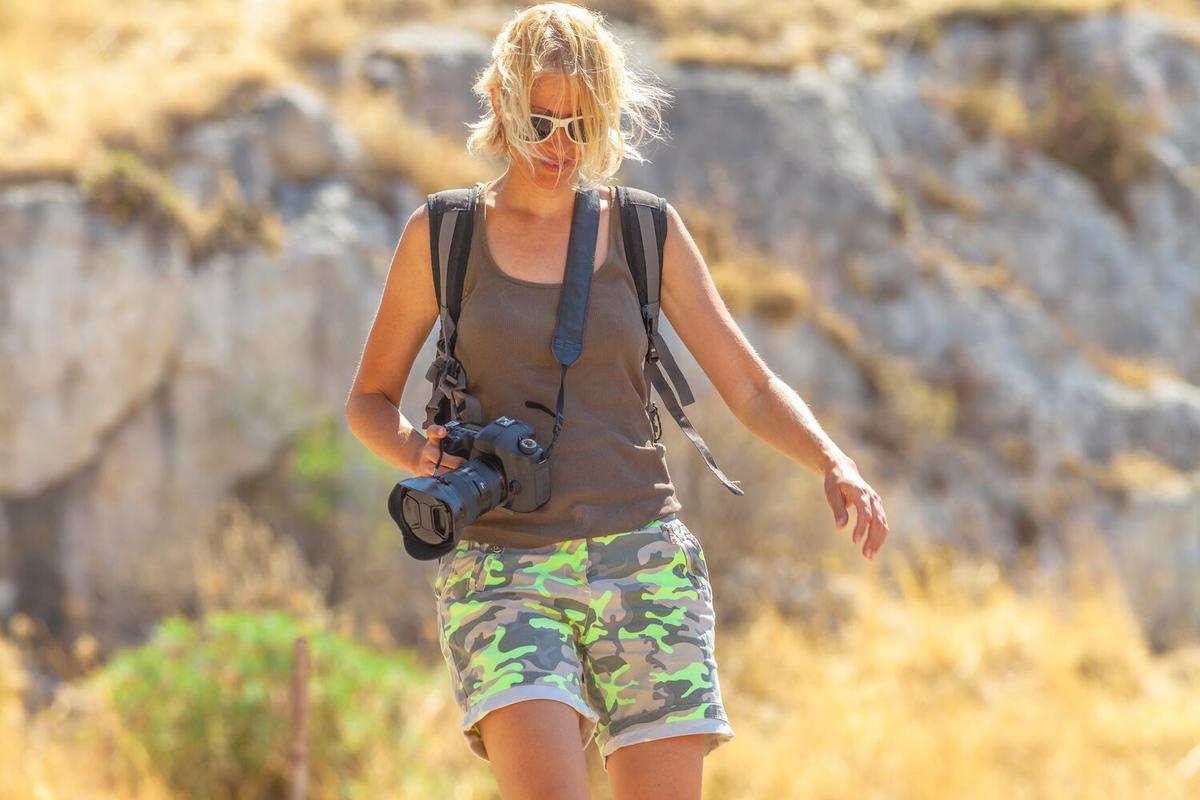
The Ultimate Guide to Choosing a Tent
Choosing the right tent can make or break your camping experience. With so many options available, finding the perfect tent can be a daunting task. This guide will help you navigate the myriad of choices to find a tent that fits your needs and ensures you have an enjoyable and safe adventure.
Understanding Different Types of Tents
Before diving into the specifics, it’s important to understand the types of tents available. Each type has its own advantages and disadvantages, so knowing what you need is the first step.
Dome Tents
Dome tents are popular for their sturdy structure and ease of setup. They typically have two poles that crisscross at the top, providing good stability and headroom.
Cabin Tents
Cabin tents are known for their vertical walls and spacious interiors, making them ideal for family camping. They offer more room to move around but can be more challenging to set up.
Backpacking Tents
Designed to be lightweight and compact, backpacking tents are perfect for hikers. They may sacrifice some comfort for portability, but they are essential for those traveling on foot.
Factors to Consider
When choosing a tent, consider the following factors to ensure you select the right one for your needs:
- Capacity: Make sure to choose a tent that can comfortably accommodate the number of people using it. A good rule of thumb is to add one extra person to the tent’s capacity for additional space.
- Seasonality: Tents are rated for different seasons. A three-season tent is suitable for spring, summer, and fall, while a four-season tent is designed to withstand harsh winter conditions.
- Weight: If you’re backpacking, weight is a crucial factor. Opt for lightweight materials that don’t compromise durability.
- Weather Resistance: Look for tents with high waterproof ratings and strong wind resistance. Double-check the tent’s seams and zippers to ensure they are sealed and durable.
- Ventilation: Good ventilation prevents condensation buildup inside the tent. Look for tents with mesh panels and sufficient vents.
Expert Insights
According to outdoor gear expert, “The right tent can significantly enhance your camping experience by providing comfort and protection against the elements.”
Personal Anecdotes
I remember my first camping trip where I underestimated the importance of a good tent. A sudden storm hit, and my tent leaked, making for a miserable night. Since then, I’ve invested in a high-quality tent, and my camping trips have been much more enjoyable.
Comparison Table
| Type | Pros | Cons |
|---|---|---|
| Dome Tent | Easy to set up, stable | Limited space |
| Cabin Tent | Spacious, good for families | Challenging setup, heavy |
| Backpacking Tent | Lightweight, portable | Less comfort, compact |
| Geodesic Tent | Excellent stability, good for extreme weather | Complex setup, expensive |
| Pop-Up Tent | Quick setup, convenient | Less durable, limited weather resistance |
| Inflatable Tent | Easy setup, spacious | Heavy, requires pump |
| Tunnel Tent | Spacious, good for families | Requires staking, less stable in high winds |
| Pyramid Tent | Simple design, easy setup | Less space, needs central pole |
Actionable Tips
- Test Before You Go: Set up your tent at home to familiarize yourself with the process and check for any defects.
- Consider the Terrain: Choose a tent with a sturdy groundsheet and appropriate stakes for the type of terrain you’ll be camping on.
- Check the Weather Forecast: Ensure your tent is suitable for the expected weather conditions during your trip.
-
Pro Tip: Always carry a repair kit with patches, extra stakes, and seam sealant to handle any unexpected issues.
FAQ
What size tent should I get for a family of four?
For a family of four, a tent that is rated for at least five people is recommended for extra space and comfort.
Are expensive tents worth the investment?
While expensive tents often offer better materials and features, it’s crucial to balance cost with your specific needs and camping frequency.
How can I improve my tent’s waterproofing?
Applying a seam sealer and using a rainfly can enhance your tent’s waterproofing capabilities.
Can I use a three-season tent in winter?
Three-season tents are not designed for harsh winter conditions. A four-season tent is recommended for winter camping.
Conclusion
Choosing the right tent involves understanding your needs, researching different types, and considering various factors like capacity, weight, and weather resistance. By following this guide, you can make an informed decision and ensure a comfortable and enjoyable camping experience. Happy camping!


